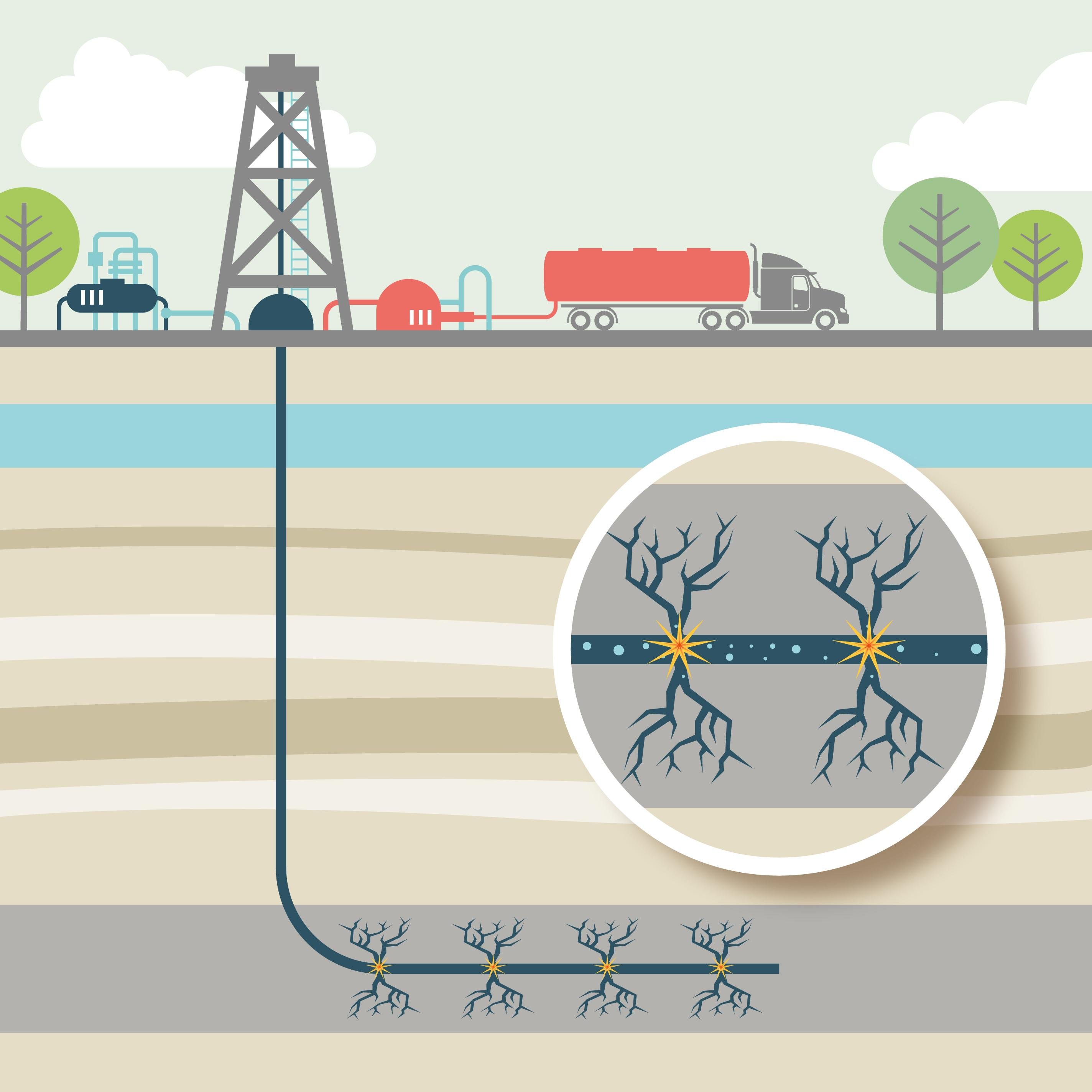
In his seminal 2016 book, The Rise and Fall of American Growth, Robert Gordon of Northwestern University made a provocative claim—compared to the five waves of technological shifts of the past (electricity, urban sanitation, chemicals and pharmaceuticals, the internal combustion engine, and modern communication), the economic impact from ongoing IT developments is downright ordinary. Gordon’s point is that the way we used to work and live changed fundamentally from the 1870s to the 1940s, as clean water, indoor plumbing, electricity and mechanised transportation became widely available.
With these changes, we became healthier, more secure. We earned a decent living with moderate labour, and began to travel far and wide. Productivity soared along with the standard of living. Compared to that, recent decades in the developed economies have been marred with low productivity, rising inequality, as well as stagnant wages and other standard-of-living indicators. Gordon projects that the current generation in the West would be the first, in over a century, to fall short of enjoying substantially higher quality of living compared to the previous generation.
Gordon is not alone in highlighting the so-called productivity paradox: We see technology everywhere, but not in productivity measures. Some argue that the measurement is wrong, that standard measures of productivity fail to consider the value and benefit of the goods and services of the new economy. How do we value access to Wikipedia on a mobile phone; the power of social media in keeping us connected and informed; and the role of big data analytics in improving production and distribution efficiency? But economists like Gordon respond that such issues are not new at all. Disruptive technologies have come in waves through the centuries, always presenting difficulty in measuring their impact. The data can’t have a new (or systematically larger) bias.
Has innovation hit a wall?
A middle ground is attempted in a recent paper by economists Brynjolfsson, Rock and Syverson, who argue we are in a state of transition to an era of new technology. Until the infrastructure around such new tech becomes pervasive, low productivity should be expected due to implementation lags. In particular, they stress that the most powerful capabilities of artificial intelligence, particularly based on machine learning, have not yet been captured in our lives. As these gains are absorbed, society will likely derive tremendous benefits in business organisation, health, transportation and service delivery.
However, another recent paper by economists Bloom, Jones, Van Reenen and Webb makes a striking counter-claim: It’s just getting harder and costlier to come up with new ideas. By looking at innovation and productivity in key industries such as semiconductor (processing capacity), agriculture (crop yield) and medical science (cancer and heart disease mortality rates), they show that we need many more researchers and spend far more resources to get the same type of growth we did in the past. One example: Upholding Moore’s law, the doubling of density of computer chips every two years, requires 18 times more research effort than it did in the 1970s. In other words, science and technology have run out of low-hanging fruits. As we get close to the frontier, we are bound to hit diminishing returns.
This dismal finding need not condemn us to a future of low growth; it simply underscores the importance of innovation. Perhaps AI will take us to the new frontier of innovation, giving scientists a break. In areas such as image recognition, machines have begun outperforming humans, which has strong productivity implications for areas such as health screening and security. Autonomous taxis could revolutionise transportation efficiency, with major tech companies rushing to take the lead in this area. Going forward, AI could exert a variety of research efforts that would not necessarily cost more or require higher processing power, just better design and algorithms, thus pushing up measured productivity. Innovation that tends to be a function of iterative computation and problem solving could well become more frequent as machines tackle them on their own, relentlessly and tirelessly.
Where we go from here
Further penetration of new technologies is needed for real gains to be attained. First, there are many parts of the world, especially in the emerging nations, that have yet to benefit from not only high-speed internet connectivity and automation, but even basic infrastructure. Hence we have decades of developing-country growth in the pipeline from such low-hanging fruits. Second, it is difficult to be a pessimist when recent developments in areas such as medicine (gene-specific treatment to combat disease and ageing) and alternative energy (especially the rapidly declining cost of solar and wind energy) are examined.
The financial sector has always been at the forefront of using communication and computational technology to improve trading, settlement, accounting and compliance. Interestingly, contrary to popular opinion, technology adoption has coincided with a rise, not decrease, in jobs in the sector. The introduction of ATMs and computers made basic transactions less labour intensive, but many other sales and service opportunities opened up subsequently. Big data-related advancements will improve client risk profiling, country risk analysis, tracking of price and volatility of securities, asset valuation, governance and customer service. Whether such developments will boost financial sector employment in the long term or not can be debated, but the upside for the bank shareholders should be clear.
Even as economists continue to grapple with the productivity puzzle, the key takeaway for us is to remain focused on innovation without the fear of technology killing jobs. Such fears have existed in the past. What got us through then, and will get us through this current wave, is the continued effort to invent and innovate.
This post expands upon the contributor’s comments at a recent INSEAD Emerging Markets Institute event, titled “Should We Fear the Robot Revolution?”
Taimur Baig heads economics as well as fixed income and currency research at DBS Bank.
-
View Comments
-
Leave a Comment




No comments yet.